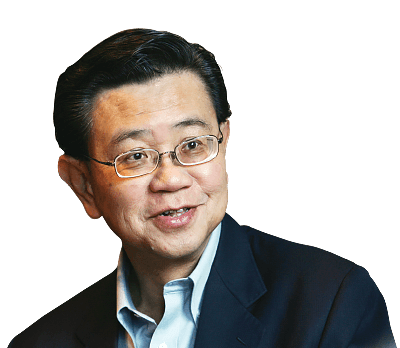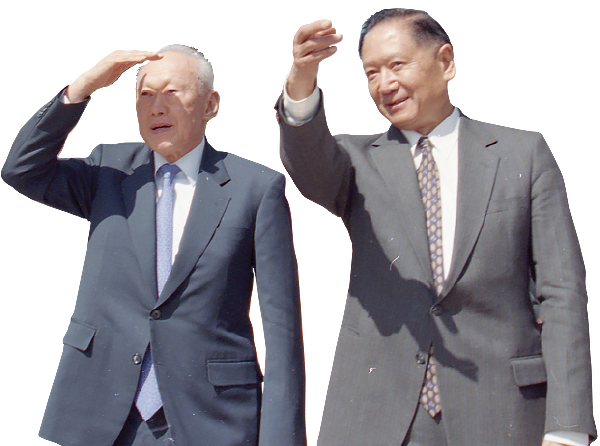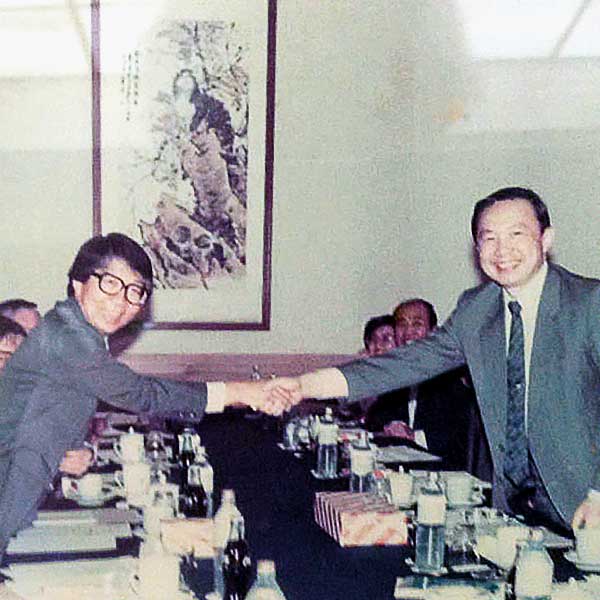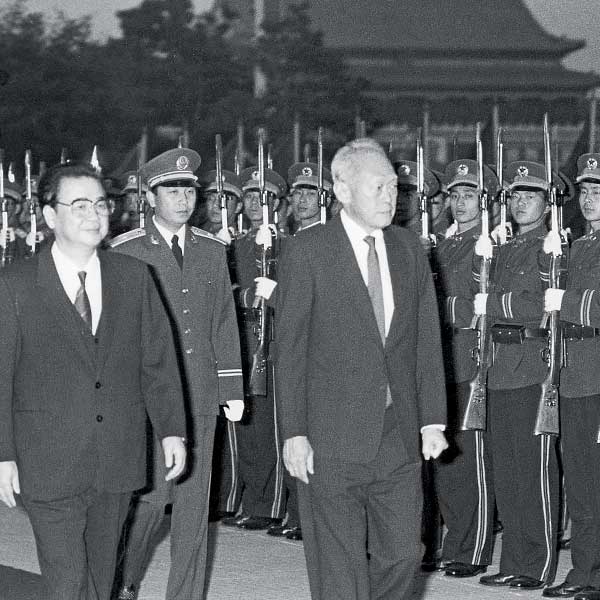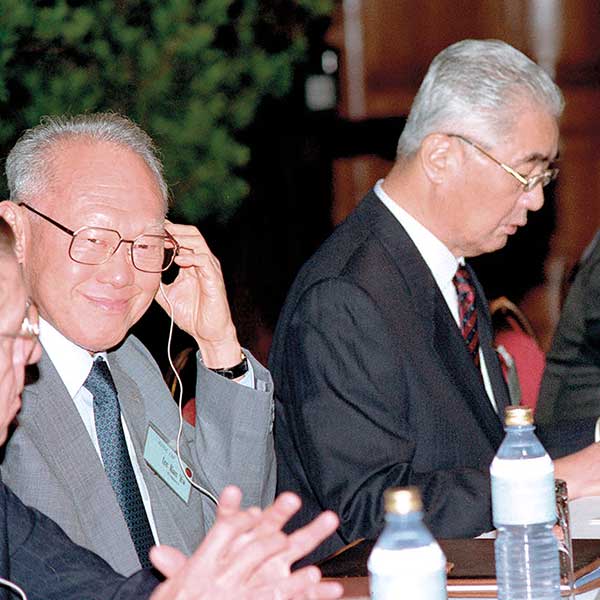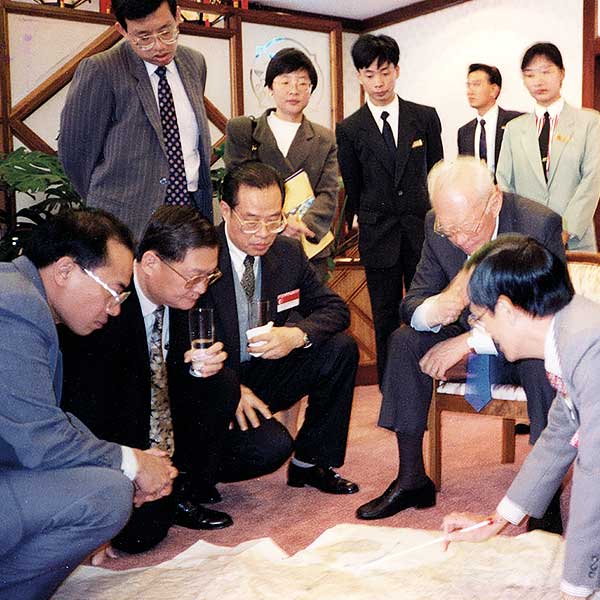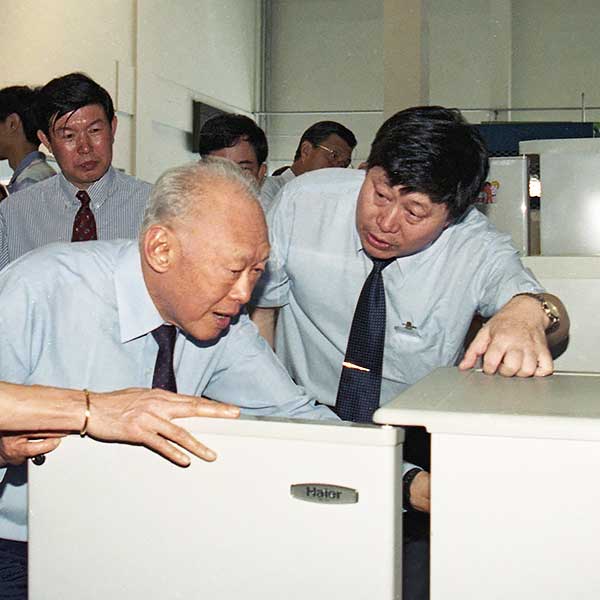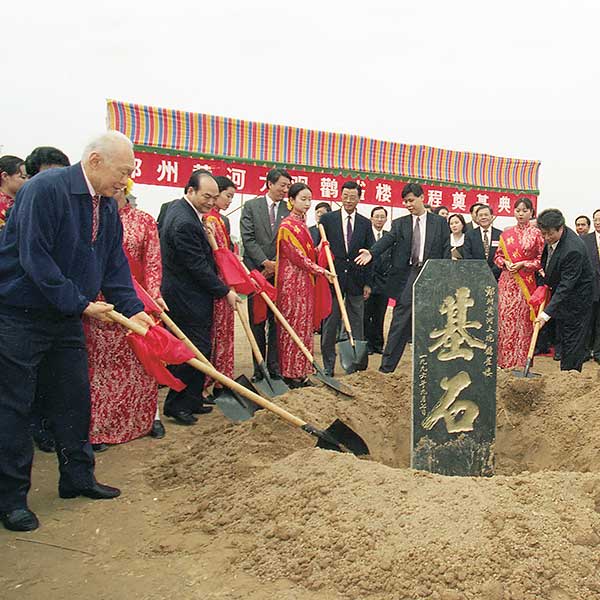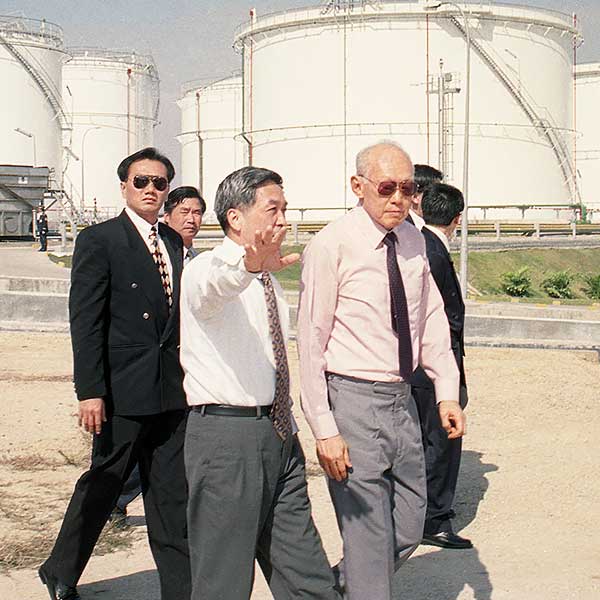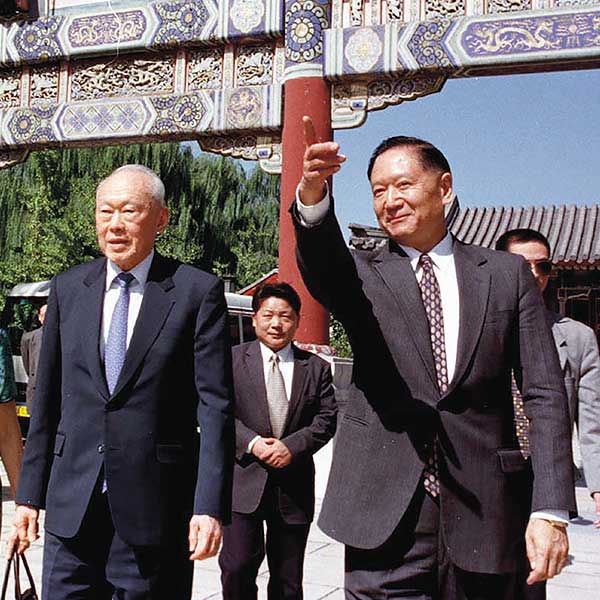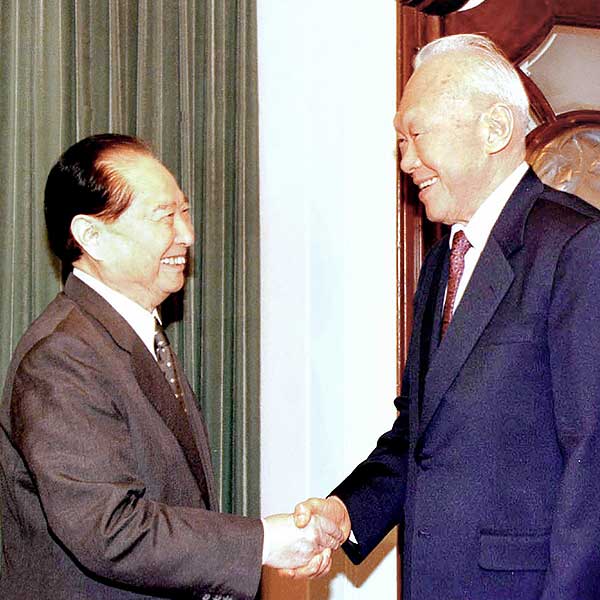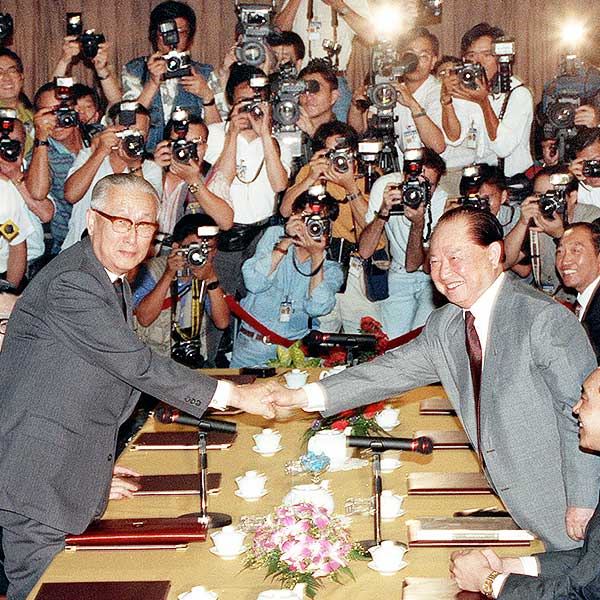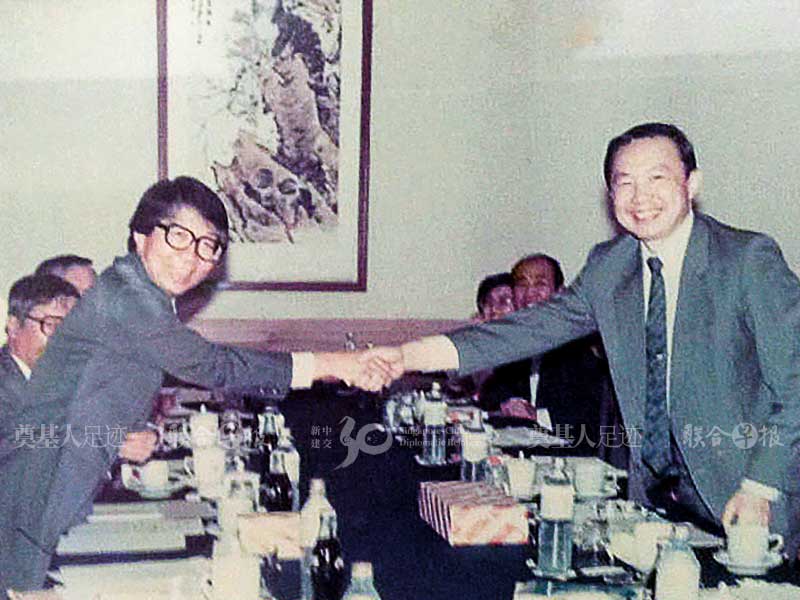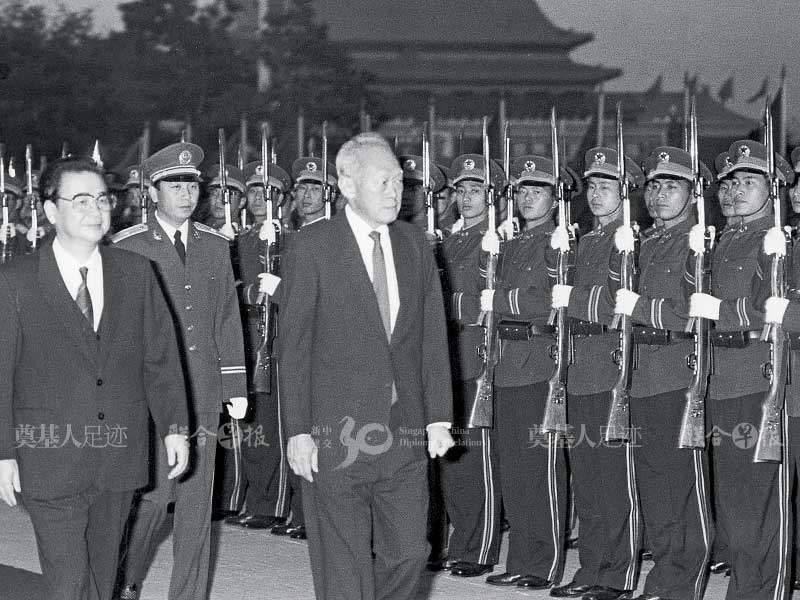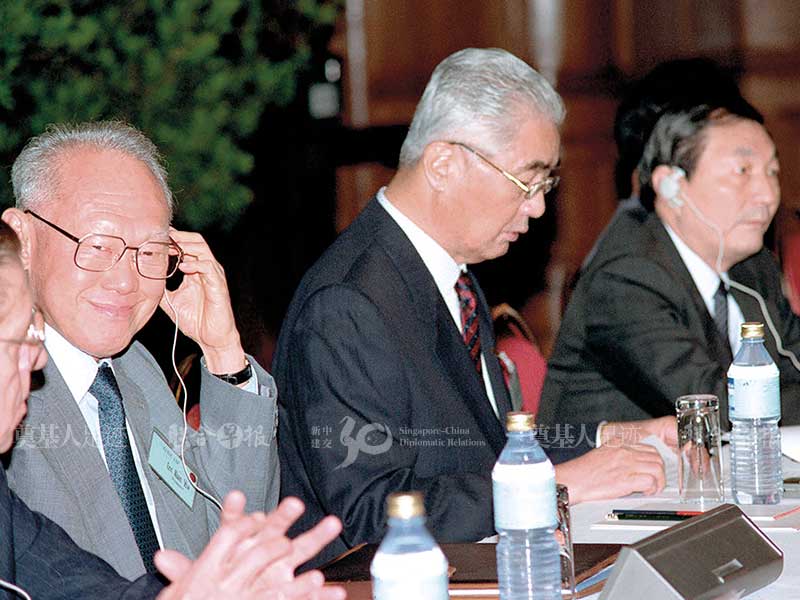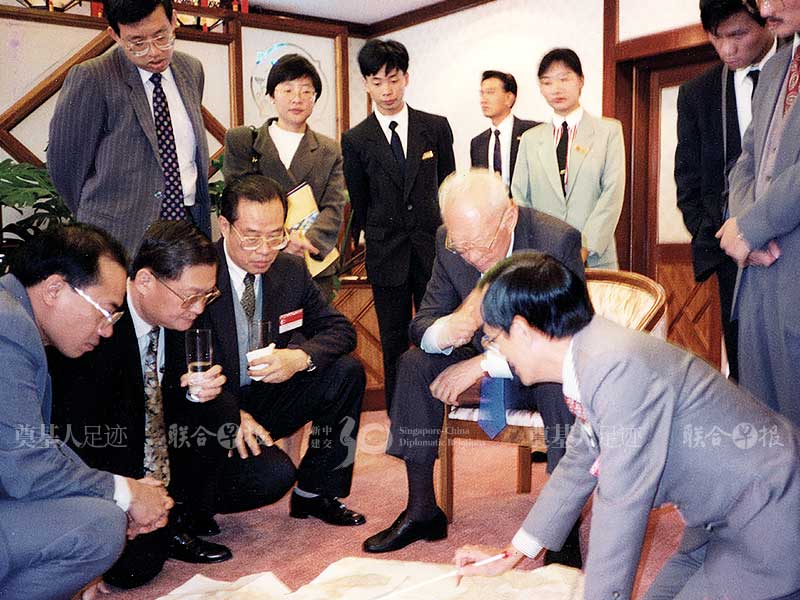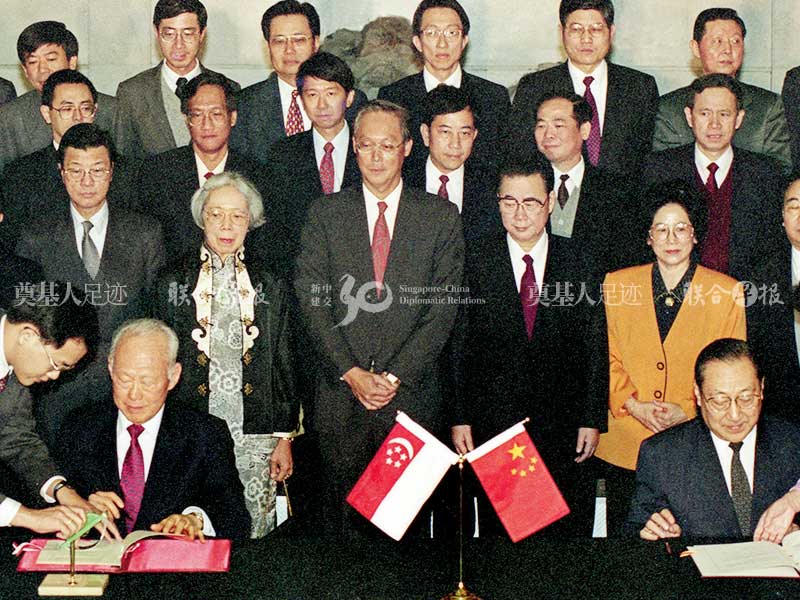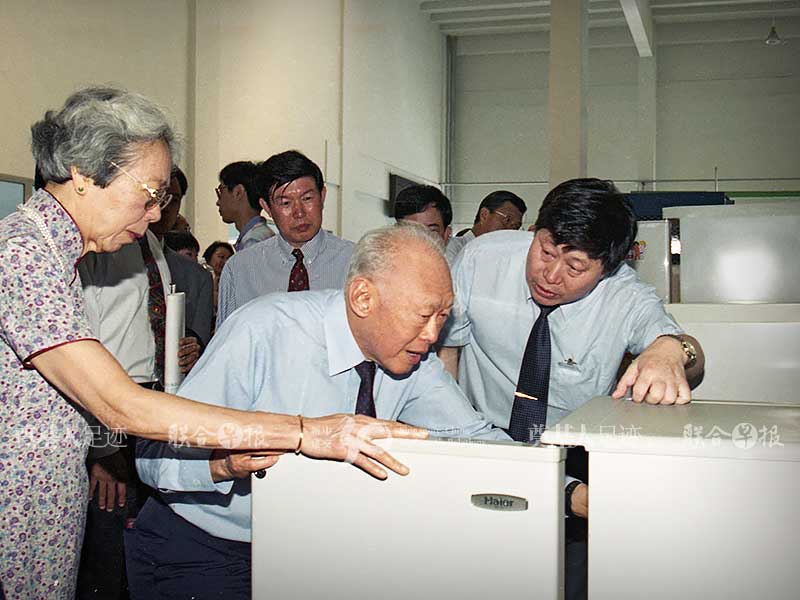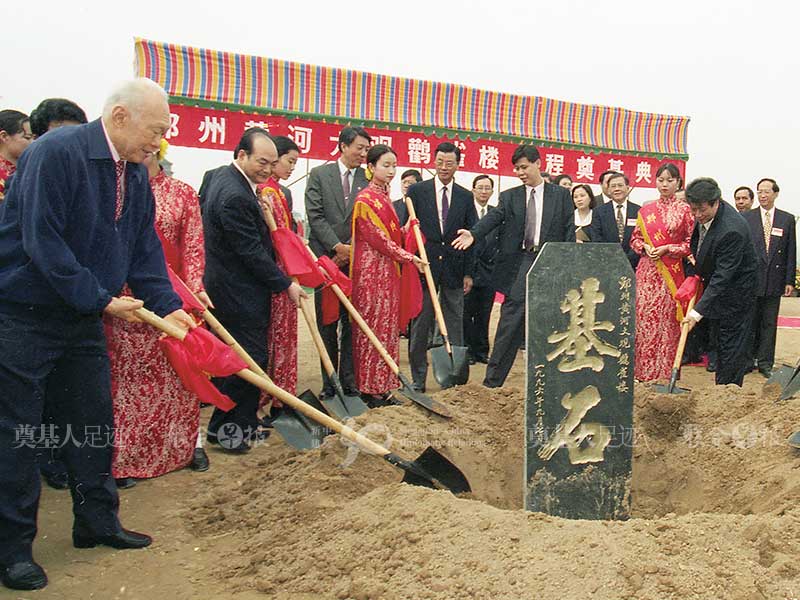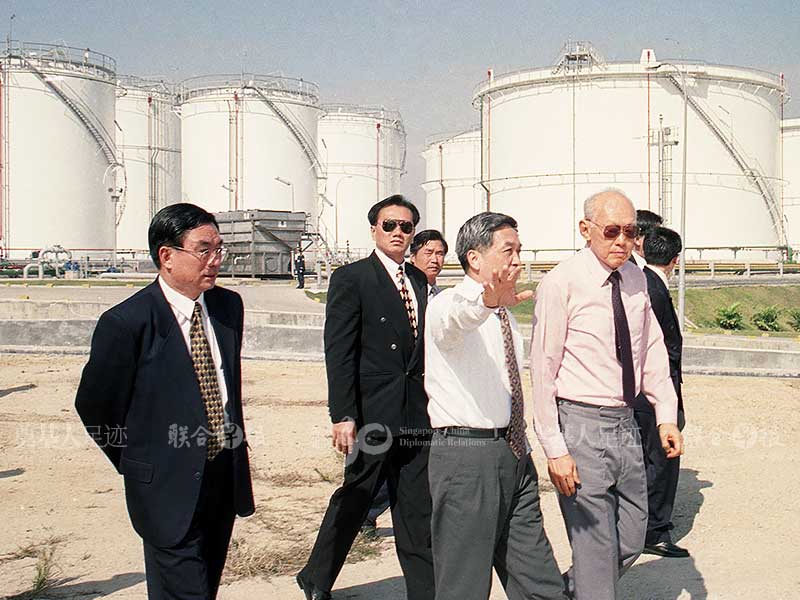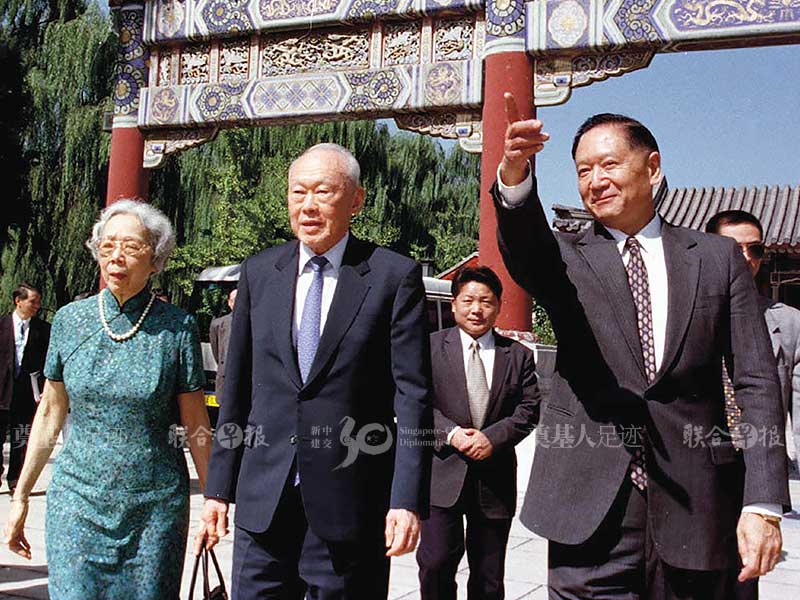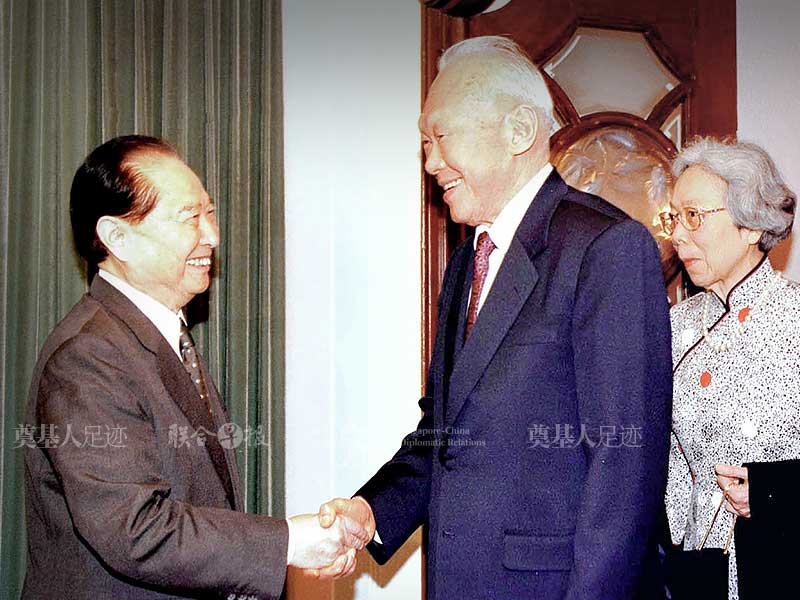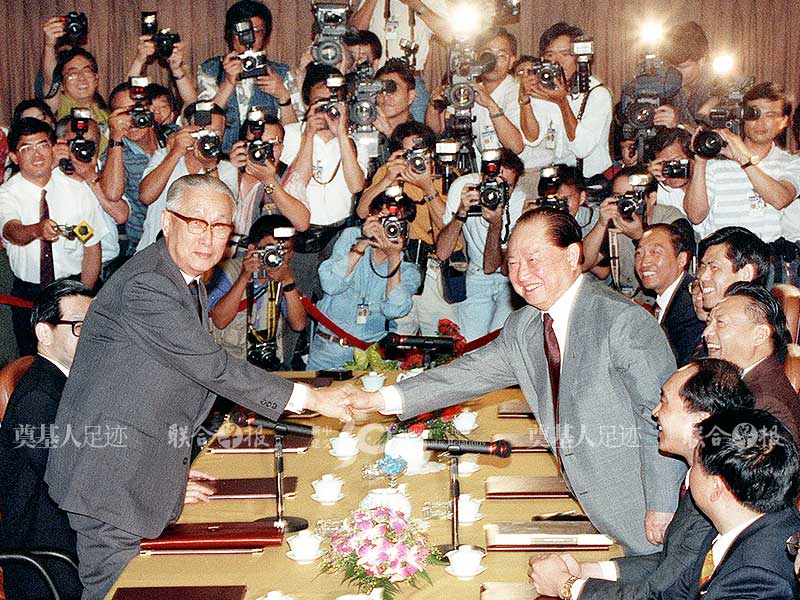In 1990, before Lee Kuan Yew stepped down as Prime Minister, Singapore and China established formal diplomatic ties. China's leaders hoped that Lee would continue to visit China and share his views on its development even after he stepped down.
Indeed, Lee visited China almost every year, making three trips in 1993 and two in 1994. In early 1990, international opinion was not on China's side. But through interviews and speeches, Lee explained China to the world. He gave objective analyses of its strengths and weaknesses, and openly pointed out Western bias against it. He also gave pragmatic views on Hong Kong, which was then about to be returned to China.
During this decade, the Singapore and Chinese governments signed the agreement to develop the Suzhou Industrial Park (SIP), a milestone in bilateral relations. Before confirming the “software transfer” in Suzhou, Lee made study visits to Suzhou and several cities in Shandong, spending much time and effort in building up the SIP.
